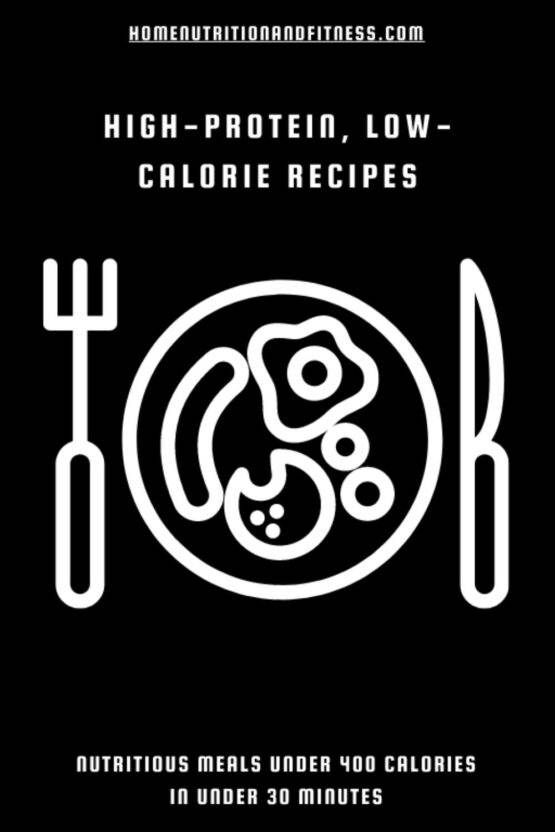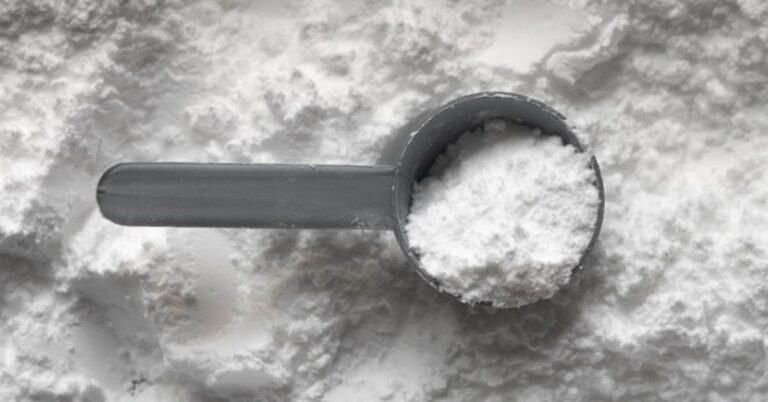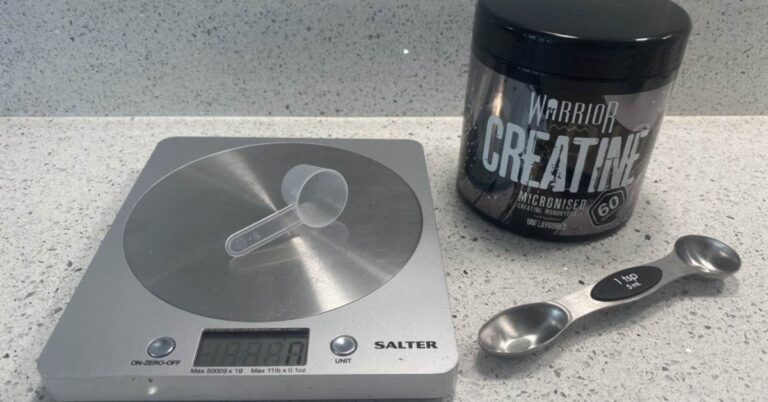Have you ever had a nosebleed during or after a workout or a run? Maybe you’ve hit a personal best on the bench press and your nose has started trickling with blood?
And I’ll bet you’ve probably wondered why it happened. You’ve gone straight to your favourite search engine (there is more than just Google everyone!) and found your way here!
If you’re anything like my wife, you’ll probably think you’ve burst a blood vessel in your brain and you’re going to die! Well don’t worry, there’s a few simple explanations.
Nosebleeds, or epistaxis to give it its fancy name, occur when blood vessels in the nose rupture. Very occasionally, exercise can cause this to happen, and sometimes, taking supplements like pre-workout can make nosebleeds more likely.
Nosebleeds, or ‘epistaxis’, can happen due to a number of reasons. Causes include nose trauma, high blood pressure, dehydration, allergies, blood thinners, or even nose picking. Exercise increases heart rate, blood flow and pressure, increasing the chances of a nosebleed. Pre-workout ingredients like caffeine can also raise blood pressure or cause dehydration, so can be considered a contributing factor. However, there is no solid evidence directly linking pre-workout to nosebleeds, but it’s a potential factor.
What Causes A Nosebleed?
So you’ve had a nosebleed after a lift or even a strenuous HIIT session? Or you’ve just got back from a quick 5k run and felt your nose start to drip with blood?
There are a few reasons this might have happened. Some of these causes are:
Nose ‘Trauma’: A bit obvious but have you been hit in the face? Maybe you’ve been elbowed in the nose, fell over, or run into someone or something? I’ve done all 3 and on at least 1 occasion has resulted in a broken nose! You’re more likely to see this one in contact sports like rugby.
High Blood Pressure: If you suffer from high blood pressure (hypertension), you’ll be more likely to experience nosebleeds during or after exercise. Intense workouts increase your blood pressure and heart rate. This results in a widening of the blood vessels in your nose and can sometimes cause the small, thin blood vessels in your nose to break and cause a nosebleed
Dehydration: Working out in dry air or in high temperatures can cause your nose to dry out. Dehydration can also make the blood vessels in your nose more prone to rupture or become irritated, leading to a nosebleed. This study found that people were more likely to have a nosebleed in dry, low-humidity environments.
Allergic Reactions: Something as simple as dust or pollen can irritate your nose. You then start to itch or rub your nose and before you know it, you’ve got a nosebleed.
Blood-Thinning Medication: Anti-coagulant medication like warfarin, which stops your blood from clotting, increases the chances of a nosebleed. Also, because they thin your blood, you’re more likely to bleed for longer and might find it hard to stop bleeding in general. Anyone who has had a heart valve replacement is likely to be on warfarin or similar medication.
Picking Your Nose: As my nan used to call it, ‘Picking a winner!’ It’s disgusting but going all the way trying to scratch your brain is a surefire way of irritating your nasal passage and causing a nosebleed.
So you can see there are a few reasons why you might get a nosebleed. But does exercise and pre-workout cause nosebleeds?
Does Exercise Cause Nosebleeds?
When you exercise your heart rate increases, increasing blood flow through your body.
The increased blood flow to your face can cause the small blood vessels in your nose to rupture, leading to a nosebleed. Don’t just take my word for it. This licensed US doctor explains more.
Dehydration is another contributing factor to nosebleeds during exercises.
If you’re working hard, you’re going to sweat. Sweating can lead to dehydration. Losing too much fluid can make you dehydrated. When you’re dehydrated, the lining of your nose becomes dry and more prone to ruptures.
Another issue you might find can cause your nose to bleed when exercising is the weather.
For example, I went for a run this morning in the cold UK climate. The air was cold and dry at 5.30am! Breathing through my nose was difficult. By the time I got home, my nose was dry and irritated but luckily, I had no nosebleeds.
So you see, an increase in blood pressure from exercise can cause nosebleeds. As can dehydration and breathing in dry air. But how does pre-workout affect that?
Does Pre-Workout Cause Nosebleeds?
We all know what pre-workout does for your workouts right? But can using it cause nosebleeds?
Most pre-workouts contain ingredients such as caffeine, creatine, niacin (also known as vitamin B3), beta-alanine, sodium bicarbonate, and citrulline.
Although there is a mix of different ingredients that could be responsible for any number of side effects of pre-workout, they are not generally linked to causing nosebleeds directly.
However, there are ways that pre-workout COULD add to the risk of developing a nosebleed.

Caffeine is the most common ingredient in pre-workout and is the main stimulant behind that boost of energy you need for your workout.
But, caffeine can also increase blood pressure which we’ve already established is one of the main causes of nosebleeds.
Furthermore, not only does caffeine increase blood pressure by increasing your heart rate, but it is also a diuretic which can lead to dehydration.
As I mentioned earlier, dehydration is another cause of nosebleeds. The dryness inside your nasal cavity can cause irritation making it more likely that your blood vessels will rupture and cause your nose to bleed.
While researching this topic, I couldn’t find a single scientific study that supported the idea that pre-workout caused nosebleeds. There’s plenty of speculation in forums that they do have a part to play in causing a nosebleed but the general consensus is that they don’t directly contribute.
How To Prevent and Treat Nosebleeds
If you develop a nosebleed either exercising or just in general, everyday life, there are a few things you can do to stop the flow according to the NHS:
- Sit Down, Lean Forward, Tilt Your Head FORWARDS, not backwards. Most people will automatically put their head backwards but this will only make the blood flow back down your throat, potentially making you feel sick.
- Pinch Your Nose Just Above Your Nostrils. Use your thumb and index finger to pinch the fleshy part of your nose just below the bony bridge. Maintain the pressure for 10 to 15 minutes.
- Breathe Through Your Mouth. Bit obvious this really isn’t it?
Nosebleeds are generally nothing to be worried about. But there are some circumstances where you should seek medical help (credit to the NHS for the information below):
See A Doctor If:
- a child under 2 years old has a nosebleed
- you have regular nosebleeds
- you have symptoms of anaemia – such as a faster heartbeat (palpitations), shortness of breath and pale skin
- you’re taking a blood-thinning medicine, such as warfarin
- you have a condition that means your blood cannot clot properly, such as haemophilia
The Doctor might want to test you for haemophilia or for other conditions like anaemia.
Go to Hospital If:
- your nosebleed lasts longer than 10 to 15 minutes
- the bleeding seems excessive
- you’re swallowing a large amount of blood that makes you vomit
- the bleeding started after a blow to your head
- you’re feeling weak or dizzy
- you’re having difficulty breathing
Key Takeaways
There are a few factors that can lead to nosebleeds, including the obvious like getting hit in the face and picking your nose. The most common reasons though are high blood pressure and dehydration.
Exercise and pre-workout both increase the chances of an increase in blood pressure and dehydration due to the caffeine contained in them, so it makes sense that they both contribute to having a nosebleed.
While there is no scientific evidence to support the theory that pre-workout CAUSES nosebleeds, it can definitely be considered a contributing factor in some cases.
If you find yourself with a bleeding nose, make sure you tilt your head forward, not backwards. Hold the fleshy part of your nose just after the bony part and hold for 10-15 minutes.
Frequently Asked Questions
Does exercising increase the chance of nosebleeds?
Exercising can sometimes increase the likelihood of nosebleeds, especially if you are not properly hydrated. When you exercise, your body loses fluids through sweat, which can lead to dry nasal passages, which are more susceptible to irritation and bleeding. To reduce the risk of nosebleeds during exercise, make sure to drink plenty of water and maintain proper hydration levels.
What triggers nosebleeds while running?
Nosebleeds while running can be caused by several factors, including dry air, dehydration, high blood pressure, or even an underlying medical condition. Breathing in dry air can irritate the blood vessels in your nose, which can lead to a nosebleed. To minimise the risk, try running in a more humid environment, use a nasal saline spray, or keep yourself well-hydrated.
Are supplements linked to nosebleeds?
There is no direct link between supplements and nosebleeds. However, some pre-workout supplements might contain high amounts of caffeine or other substances that can increase heart rate and blood pressure, which could potentially contribute to nosebleeds in some individuals. If you suspect your pre-workout supplement is causing nosebleeds, consult your doctor or try switching to a different product.
How does lifting heavy objects cause nosebleeds?
Lifting heavy objects can cause a sudden increase in blood pressure, which could potentially cause fragile blood vessels in the nasal passages to rupture and result in a nosebleed. To minimise the risk, ensure you use proper lifting techniques, take breaks, and avoid lifting very heavy objects beyond your capacity.
Can high caffeine intake lead to nosebleeds?
While there is no clear evidence linking high caffeine intake to nosebleeds directly, excessive caffeine consumption can lead to side effects such as increased heart rate and blood pressure. These factors could potentially contribute to nosebleeds in some individuals. If you suspect that high caffeine intake is causing your nosebleeds, try reducing your caffeine consumption and see if it helps.







